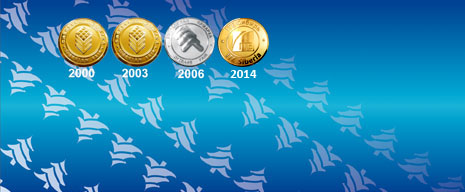 |
 |
Psychological Competence of a Teacher in Communication
Communication in the modern psychological literature is presented in various sometimes contradictory definitions. Well-established is a fact of development of a personality in a society. Pedagogical communication influences the personal becoming and development of a child, and it means, that specific requirements are set to it. Teacher’s ability to manage his own temper is a key and allows to make a communication much more effective: bring new sense, come to mutual understanding and constructive solution of a pedagogical situation or a conflict. The article shows three types of “ego-conditions” (term of E. Bern): “Child”, “Adult”, “Parent”, and the methods of their regulation. Not only smart management of these roles but understanding of so called psychological games behind them promotes constructive solution of pedagogical situations. Dramatic triangle (term of S. Karpman), lying in the ground of these games, is shown in the examples, as well as communicative technic helping to avoid them. Drama occurs in the roles of “Victim”, “Rescuer”, “Aggressor” turning to one another in conflict and difficult pedagogical situations. Drama in these cases is that none is satisfied with the solutions but is involved in the game. Moving out from psychological games appears realization of “secondary advantage” by the members of dramatic triangle, and search for more adaptive, less destroying methods of satisfying their needs : demand for recognition, demand for accumulated and quashed feelings being reacted, demand for sympathy, demand for power. The article can be useful for preschool teachers, primary school teachers, subject teacher, teachers of additional training, social teachers and psychologists.
Keywords: psychological competence of a teacher, pedagogic communication, transactional analysis.
Сайт поддерживается в Новосибирском институте повышения квалификации и переподготовки работников образования и является участником Новосибирской открытой образовательной сети